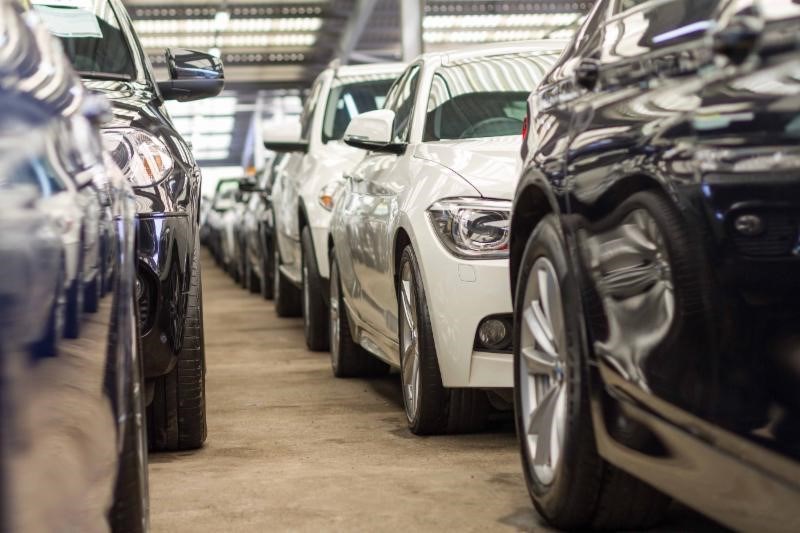The looming cost-of-living crisis has emerged as the most significant hurdle that dealers will have to grapple with next year, according to Close Brothers Motor Finance.
Its latest Forecourt Foresight research suggests pressure on consumer wallets will continue to have a significant impact on affordability in 2024.
The survey of 200 motor dealers revealed that 82% of dealers anticipate the cost-of-living crisis to be their most significant challenge in the coming year and marks a substantial increase from 70% recorded in the survey conducted in June.
Consumer confidence also takes a hit with 40% of dealers estimating that buyers will become more hesitant to make substantial purchases. This reflects a 5% increase compared to the preceding survey and will likely play a significant role in dealers' strategic considerations.
The research also highlighted a shift in the concerns with stock availability - once a primary concern for 54% of dealers in the latter half of 2023 - now reduced to 29% for 2024. Similarly, fears over rising energy costs has dwindled, with only 26% of dealers expressing concern, compared to 42% in 2023.
Looking ahead, the survey identified additional challenges that may shape the industry in 2024:
- 15% - increased competition from online car retailers
- 12% - government and industry regulation
- 7% - regulatory changes
- 7% - staff recruitment and retention
Lisa Watson, director of sales at Close Brothers Motor Finance, emphasised the continued impact of the cost-of-living crisis, stating: “Despite inflation appearing to be on its way down, it’s clear that the cost-of-living crisis is not showing any signs of easing in 2024."
Watson further highlighted the role of data-driven insights in helping dealers adapt to changing consumer trends and navigate the challenges that lie ahead.
She said customer affordability is also casting doubt on the ability to meet the government's revised 2035 ban on new petrol and diesel vehicles with the lack of incentives in November's Autumn Statement further compounding the challenge, potentially leading to a rise in reluctance among buyers considering alternative fuel vehicles (AFV).
















Login to comment
Comments
No comments have been made yet.